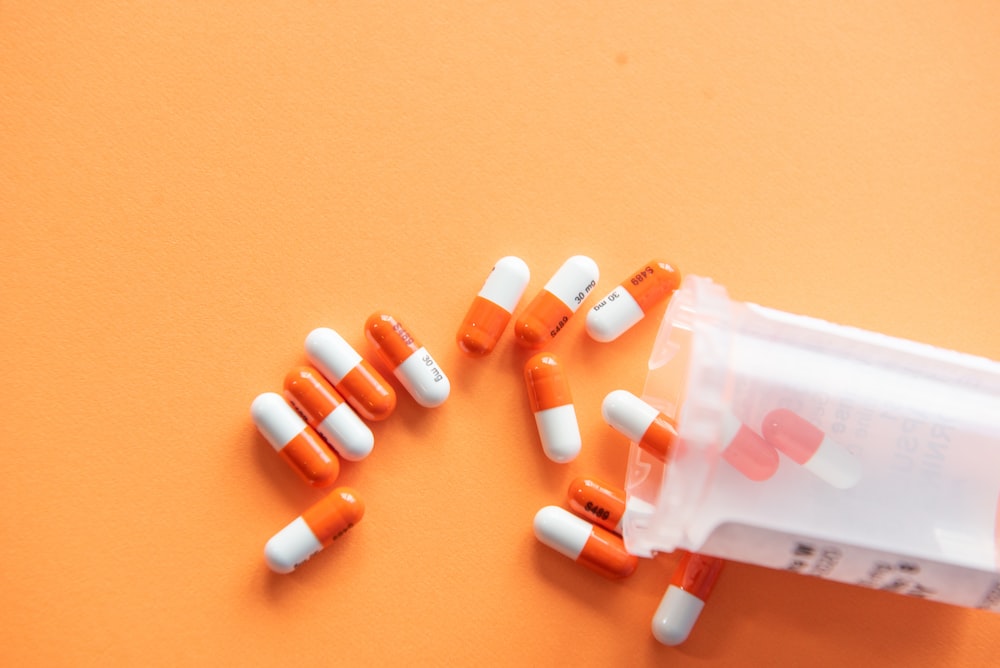Press Releases
Drug Company Suing to Stop Biden Medicare Rx Cost Saving Effort Enjoyed $1.9 Billion in Profits in Q3

WASHINGTON, DC — On the heels of a series of lawsuits led by Bristol Myers Squibb (BMS), PhRMA, and their industry peers to block implementation of the Inflation Reduction Act’s Medicare Drug Price Negotiation Program, BMS reported $1.9 billion in Q3 earnings today. BMS’ year to date earnings now reach more than $6.2 billion, a 45 percent increase year over year. New analysis from government watchdog Accountable.US shows that industry-wide price increases, BMS’ acquisition of competing firms, and a newly-announced $4 billion accelerated stock buyback program compounded at the expense of the nearly 3-in-10 Americans who cannot afford life-saving medicine.
Yet another big drug company is bragging of huge profits after price-gouging seniors on life-saving medicines. Bristol Myers Squibb is among the Big Pharma companies suing to stop Medicare from negotiating lower drug prices because they want to keep the system broken – a system that rewards profiteers and punishes seniors with high out of pocket costs. Meanwhile, several MAGA House Majority members are trying to repeal the Biden law giving Medicare the negotiating power it needs to bring down costs. These lawmakers would rather keep raking in millions of dollars from the pharmaceutical industry than helping the Biden administration save seniors billions of dollars every year.”
Liz Zelnick, Director of Accountable.US’ Economic Security & Corporate Power program.
Bristol Myer Squibb’s medication Eliquis, which generated $11.8 billion in revenue for the company in 2022, is one of the first 10 prescription drugs impacted by Medicare’s new negotiating power. By lowering the cost through negotiation, Medicare’s new power is expected to reduce the federal deficit by $237 billion over 10 years.
AbbVie—who departed from PhRMA last December after the group failed to prevent Medicare drug negotiations from going into effect—is expected to announce their earnings tomorrow. AbbVie’s CEO Richard Gonzalez has been a vocal critic of the legislation as well, arguing that the law introduces “price controls.”
While drug companies often claim that price increases are necessary to fund research and development, Accountable.US has previously found that the five-biggest U.S.-based pharmaceutical companies’ $112 billion in research and development spending from 2019 through 2021 had been outpaced by the $125 billion they spent on stock buybacks and dividends over the same period. Based on their own earnings reports, it’s clear these price hikes are just a way to extract more money from patients in need and redistribute it to wealthy shareholders.
